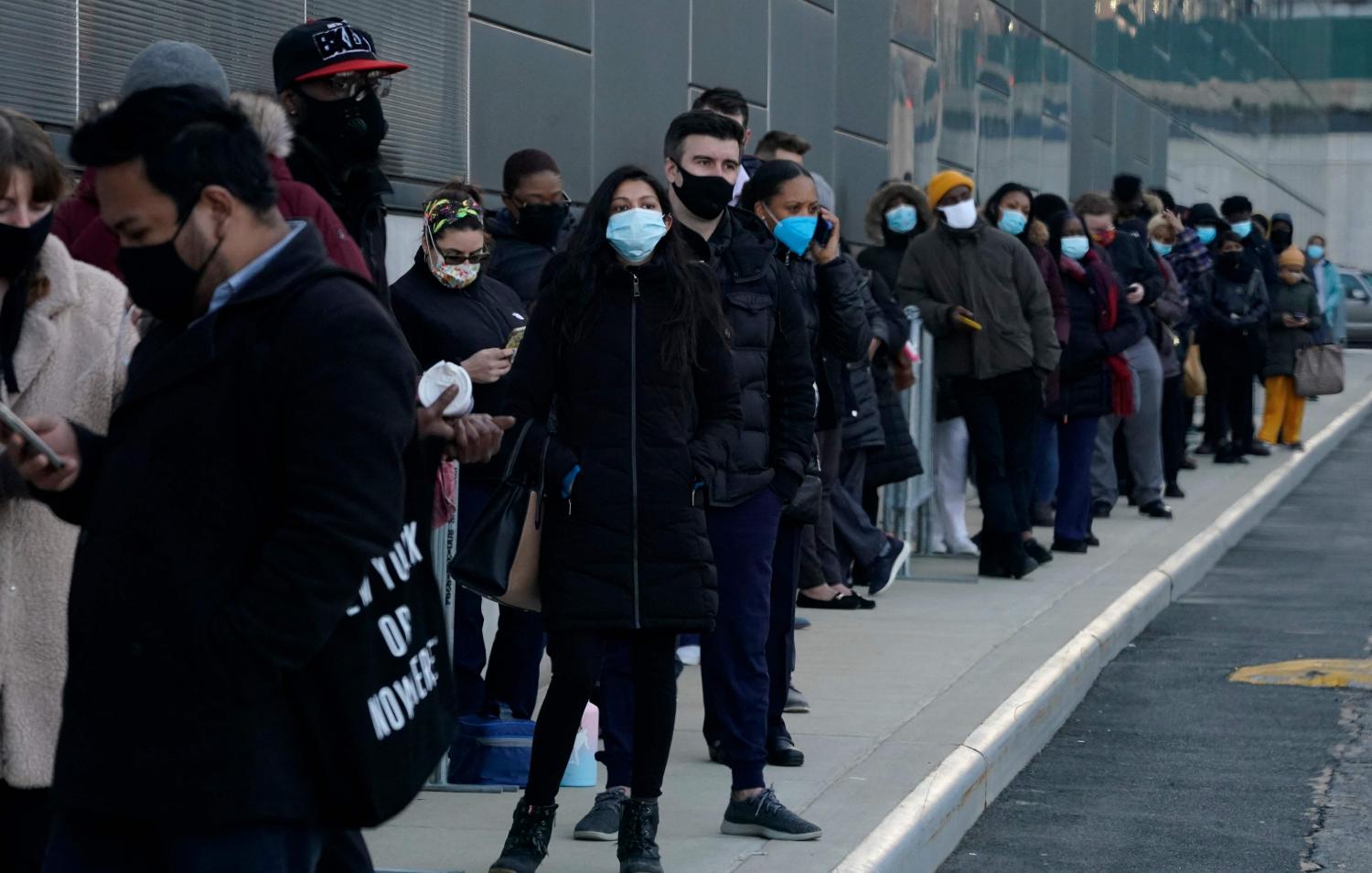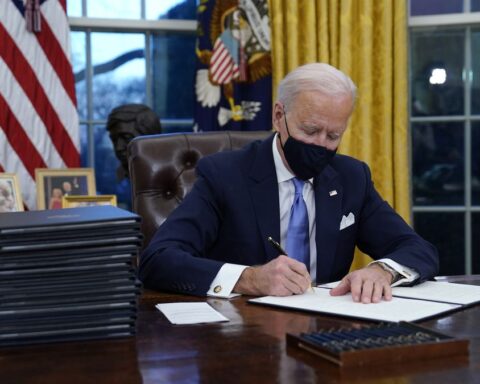WASHINGTON – But a new study shows that wealthy individuals are already holding back about $175 billion in taxes every year through complex tax evasion schemes. Further, experts warn that higher rates could lead to even less compliance with tax laws.
It has never been a secret that every year the United States faces a “tax gap” — the difference between taxes owed and taxes paid. But when researchers from the Internal Revenue Service teamed up with three academic economists to measure the amount of income that wealthy Americans conceal from the IRS each year, their estimates far exceeded previous calculations.
Their paper, published this month by the National Bureau for Economic Research, used comprehensive data from IRS records to demonstrate that individuals in the top 1% of U.S. income earners under-report their income by an average of 20% every year.
Sophisticated tax evasion
“There is substantial, sophisticated tax evasion at the top of the income distribution,” said one of the authors, Daniel Reck of the London School of Economics. “In particular, because sophisticated tax evasion is often not detected by random audits used to measure the tax gap, we can see that there was even more tax evasion than conventional estimates would have suggested.”
Most of the unreported income, the authors found, is either hidden in offshore accounts or the result of under-reporting income from “pass-through” businesses, where profits are taxed as an owner’s ordinary income.
A key reason why so much tax evasion goes undetected is that the IRS has been chronically underfunded for the past decade, leading to a sharp decline in the number of audits it can conduct, particularly of high-income individuals with complex financial holdings.
There are also numerous gray areas where wealthy taxpayers can blur the line between legal tax avoidance strategies and illegal tax evasion. Conservation easements, for example, allow landowners who relinquish their right to develop qualifying properties to deduct a portion of the value from their taxes over a period of 16 years.
Reck said that determining the legality of some easements can involve years-long court battles that make the IRS leery of committing resources to challenge them.
Congress debates
The revelation that an unexpectedly large amount of money goes uncollected by the IRS every year comes as Congress begins debating whether and how to implement the tax increases that the Biden administration has proposed.
President Biden campaigned on a promise to raise the taxes of the highest-earning Americans, while assuring taxpayers who make less than $400,000 per year that they would not face higher rates. He also vowed to raise the corporate income tax to 28% from 21% and to impose a minimum tax rate that corporations would have to pay every year, regardless of deductions.
There are multiple possible changes affecting high-income earners and the wealthy. Biden has proposed raising the top income tax bracket to 39.6% from 37%. Income over $400,000 would be subject to 12.4% Social Security tax, split between the taxpayer and the employer. For those with income over $1 million, dividends and capital gains would be taxed at the top marginal tax rate of 39.6%.
Early estimates of the Biden plan predicted that it would raise roughly $3.3 trillion over ten years.
In a hearing of the Senate Budget Committee on March 25, lawmakers heard very different assessments of the claim, often repeated by the president, that the wealthy do not pay their fair share of taxes in the U.S.
Wealthy Americans pay 40% of all income tax
Scott A. Hodge, president of the Tax Foundation, a conservative-leaning think tank, testified that wealthy Americans currently account for a larger share of the federal government’s tax income than any time since 1980.
“According to the latest IRS data for 2018… the top 1% of taxpayers paid $616 billion in income taxes,” Hodge said. That, he said, “amounts to 40% of all income taxes paid, the highest share since 1980, and a larger share of the tax burden than is borne by the bottom 90% of taxpayers combined.”
“Similarly, in 2018, the top 0.1% of taxpayers paid $311 billion in income taxes,” Hodge said. “That amounted to 20% of all income taxes paid, the highest level since 2001, as far back as the IRS data allows us to measure. The top 0.1% of taxpayers in 2018 paid a greater share of the income tax burden than the bottom 75% of taxpayers combined.”
‘Stop whining’
Testifying at the same hearing was Abigail Disney, whose grandfather, Roy Disney, helped found the Walt Disney Company. A filmmaker herself, Disney is also part of a vocal movement of wealthy Americans who believe they should pay more in taxes.
“I was born to one of the most famous families on earth, a family that went from dirt poor to embarrassingly wealthy in just two generations,” she said.
Disney said that the extreme concentration of wealth at the very top of the income distribution in the U.S. has made it essential that taxes on the wealthy be increased.
“The bottom line is that wealthy people need to pay their fair share,” she said. “They need to stop whining and recognize taxes not as a punishment but as a responsibility. Any mother will tell you the difference is often lost on children. I am sure the men and women who profit so heavily off of the American economy can find a way to understand the distinction.”
Unintended consequences?
In a 2011 paper, a team of economists led by Henrik Jacobsen Kleven showed that raising marginal tax rates tends to increase the amount of tax evasion engaged in by wealthy taxpayers, which could blunt the impact of the tax increases being proposed by the Biden administration.
But Reck, of the London School of Economics, warned that it would be overly simplistic to think of efforts to increase tax revenues as limited to raising rates or strengthening enforcement.
“I don’t really think that’s an either-or proposition,” he said. “I think the best thing to do would be to do both of these things: improve enforcement and raise the rates. And a third tool that would be useful would be to shut down a number of channels for legally ambiguous tax avoidance.”
That, of course, would be an even greater challenge for the Biden administration than simply raising tax rates and hoping for a net positive effect on the Treasury Department’s bottom line.






